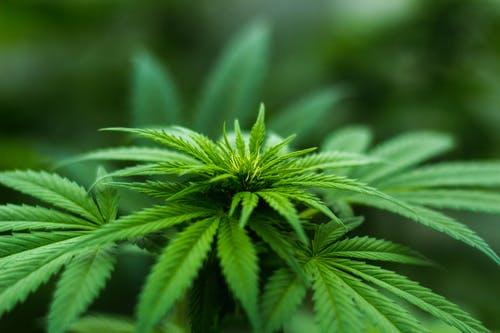
Caption
A program years in the making to regulate the cultivation, extraction and distribution of low-grade marijuana oil is set to award licenses to six groups from among 70 applicants later this spring or early summer.
Credit: Pexels/Stock photo

